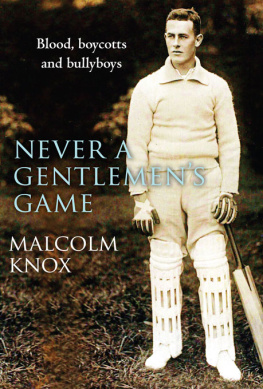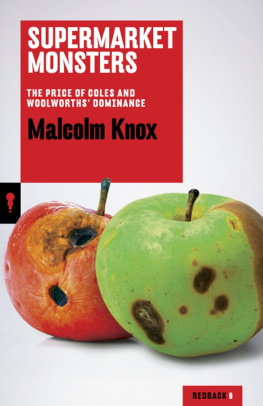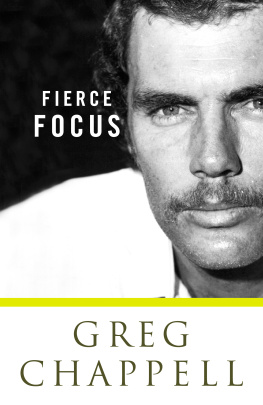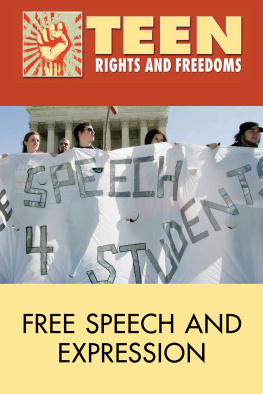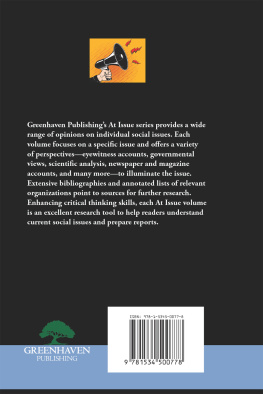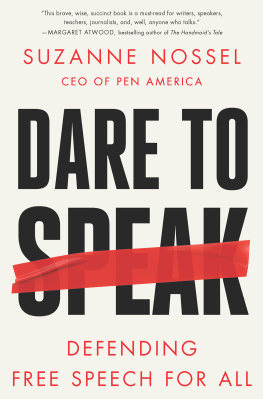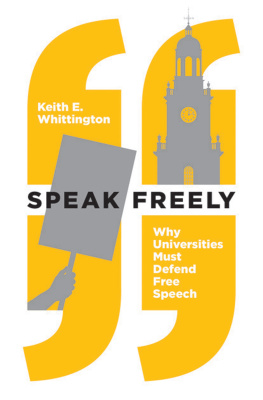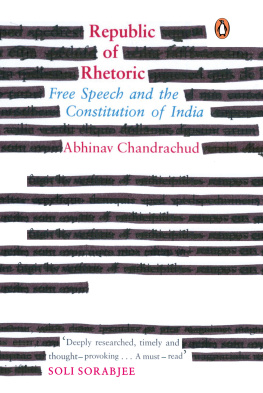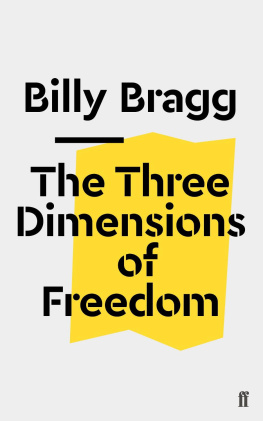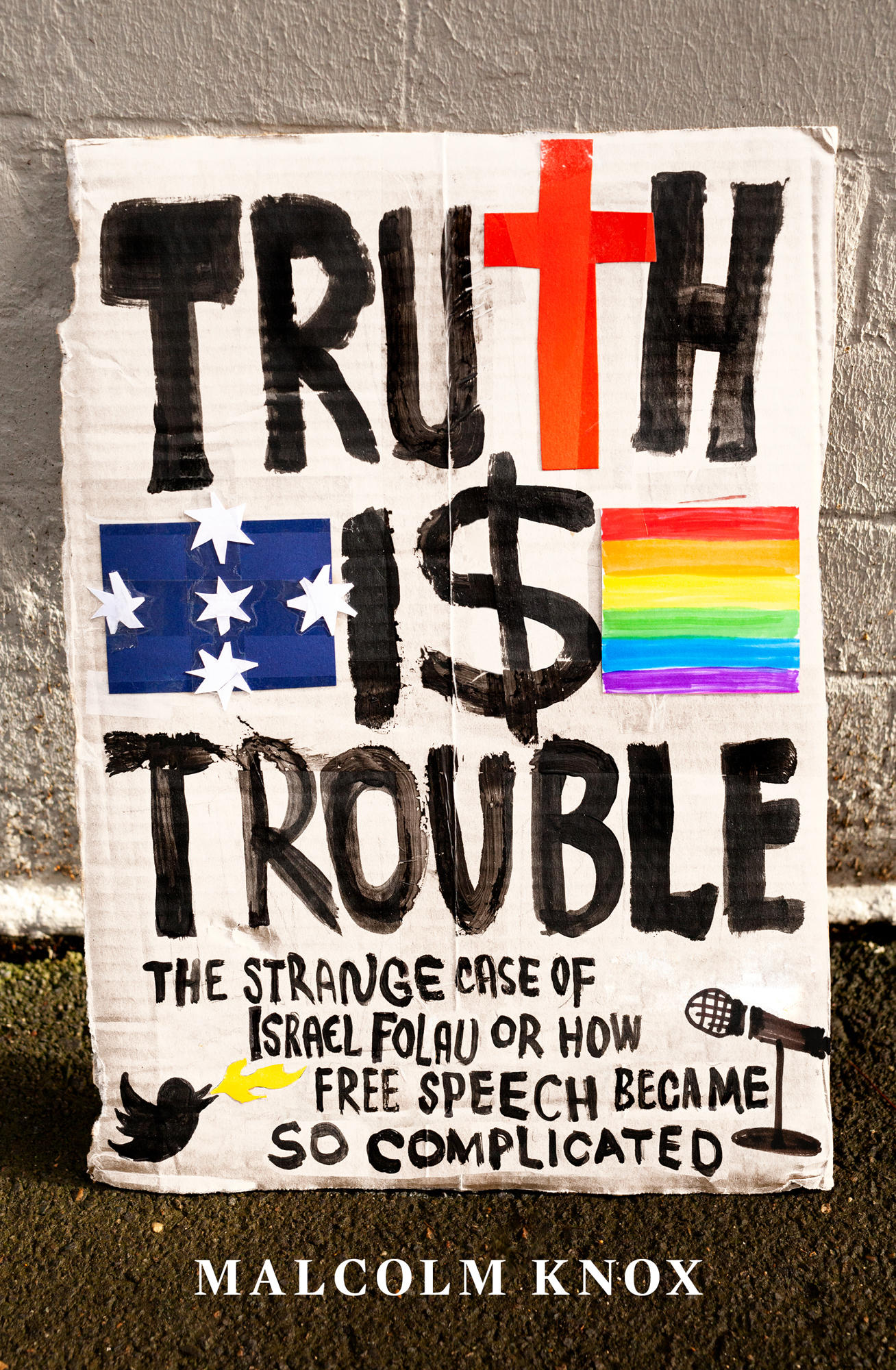Contents
Guide
Also by Malcolm Knox
Non-fiction:
Taylor & Beyond
Secrets of the Jury Room: Inside the Black Box of Criminal Justice in Australia
1788 Words or Less: A Short Short History of Australia
On Obsession
Scattered: The Inside Story of Ice in Australia
The Greatest: The Glory Years of Australian Cricket
The Captains: The Story Behind Australias Second Most Important Job
Bradmans War
Never A Gentlemens Game
Boom: The Underground History of Australia, From Gold Rush to GFC
Supermarket Monsters: The Price of Coles and Woolworths Dominance
The Keepers: The Players at the Heart of Australian Cricket
Phillip Hughes: The Official Biography (with Peter Lalor)
Fiction:
Summerland
A Private Man
Jamaica
The Endangered List (as Brian Westlake)
The Life
The Wonder Lover
Bluebird

First published in Australia in 2020 by Scribner, an imprint of Simon & Schuster (Australia) Pty Limited
Suite 19A, Level 1, Building C, 450 Miller Street, Cammeray, NSW 2062
Sydney New York London Toronto New Delhi
Visit our website at www.simonandschuster.com.au
SCRIBNER and design are registered trademarks of The Gale Group, Inc., used under licence by Simon & Schuster Inc.
Malcolm Knox 2020
All rights reserved. No part of this publication may be reproduced, stored in a retrieval system, or transmitted in any form or by any means, electronic, mechanical, photocopying, recording or otherwise, without prior permission of the publisher.

ISBN: 9781760856144
ISBN: 9781760856151 (ebook)
Cover design: Daniel New
Author photograph: Patrick Cummins
INTRODUCTION: THE WRITTEN WORD
In 2019, the strange story of Israel Folau was a chunk of red meat thrown into the shark pool of Australias free-speech debate. One humble, fairly inarticulate football players social media posts about homosexuality and quotations from the Bible unlocked many Australians latent fears about their freedoms. Mainstream and social media seized this delectable clickbait, refreshing it, garnishing it, reheating and serving it again and again to an audience whose appetite never seemed satisfied.
Even after Folau settled his unfair dismissal case with his employer, Rugby Australia, at the end of 2019 and moved to the relative obscurity of southern France to play rugby league, his name remained an incitement to verbal violence, a one-word shortcut to outrage. Hints that he might return to play football in Australia, and his refusal to take a knee to acknowledge the Black Lives Matter movement, hit the news in 2020, showing that even Perpignan was not too distant a hideaway for this human headline.
Folaus case had become a Rorschach test for all sides in Australias so-called culture wars. For those in the LGBTQI community with personal experience of homophobia, Folau was guilty of vilifying already vulnerable individuals. For many religious people, the affair aggravated underlying insecurities about their freedom to practise their faith. For workers concerned about their employment, it was a question of whether bosses should be allowed to control their every utterance, inside and outside work hours. For some, the controversy came down to colonialism and race; for others, it showed the persistence of class inequalities. For a caravan of right-wing politicians, activists and opinion-shapers, the omnibus danger, overriding all others, was the threat to free speech. As Alan Jones told his radio listeners, It has nothing to do with Israel, or rugby, or religion, homosexuals, or whatever. Where are we in this country on free speech? If self-styled gladiators had degraded politics into a form of sport, the Folau case transformed sport into a form of politics.
The weight of wordage and the cross-cutting of issues was unprecedented, and soon, allegiances got mixed up and the arguments buckled under their own incoherence. Nick OMalley observed in the Sydney Morning Herald that the debate engendered dormitories of strange bedfellows. Nonbelievers found themselves defending religion, and progressives found themselves defending employers power over their employees. The atheist philosopher Peter Singer was uncomfortably aligned with right-wing religious conservatives; those who had attacked the hijab as an expression of minority religious belief were now arrayed behind Folaus expressions of his minority religious belief. Pentecostal Christians such as Hillsongs leader Brian Houston, the religious mentor of Prime Minister Scott Morrison spoke out strongly against Folau. The woke movement, which condemned Folaus narrow religiosity and contributed to cancelling him, was accused of behaving like an intolerant religion itself. Nick Cave described cancel culture as the unhappiest religion in the world; the editor of online journal spiked, Brendan ONeill, likened enforcers of political correctness to pointy-hatted priests who seek out thought criminals and moral transgressors and [punish] them for their wicked beliefs. If anyone had believed the culture wars involved two groups on either side of a clearly defined battle front, the Folau case put an end to that illusion.
Having been set in motion by a softly spoken Tongan Australian who had rarely raised his voice, the controversy unstoppered floods of shouting. Few seemed capable of expressing their opinions moderately. And yet, even though it had become a matter of almost weary acceptance that the default volume-setting for online public discourse was maximum the worlds screamer-in-chief had set the example during four years in the White House the unifying complaint of those doing the shouting was that they had been silenced.
The initial wave of the coronavirus crisis of 2020 put these culture wars into hibernation, even promising to consign them to irrelevance. Squabbles over identity were eclipsed by questions of life and death, and of economic survival. By the middle of the year, each sunrise brought uncertainty about how far the world would have changed by dusk. As if slapped in the face, Australians seemed to wake from the trivial concerns that had preoccupied them. Before COVID-19, the federal governments proposed Religious Freedom Bills its response to the introduction of same-sex marriage, its lightning rod for cultural debate were top of the agenda for many thousands of Australians. Once the virus arrived, freedom of speech seemed to belong to a suddenly distant past.
This proved to be yet another illusion. As the populace made adjustments to the new order, so did its taste for tearing itself apart. Soapbox orators were, even as the virus was climbing towards its first peak, joining an early ripple of scepticism about how serious this contagion was. Was the cure going to be more damaging than the disease? Australian federal and state governments early success in controlling the spread by shutting down parts of the economy and policing citizens contact with each other became a stick to beat them with. Culture warriors re-emerged as if energised by a much-needed break. Once they had measured up COVID-19 to fit a familiar shape a new virus as an aspect of the old conflicts they rediscovered their voice.


